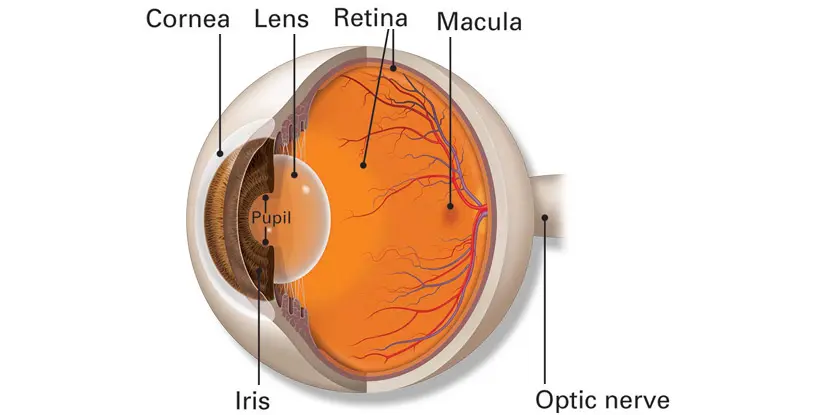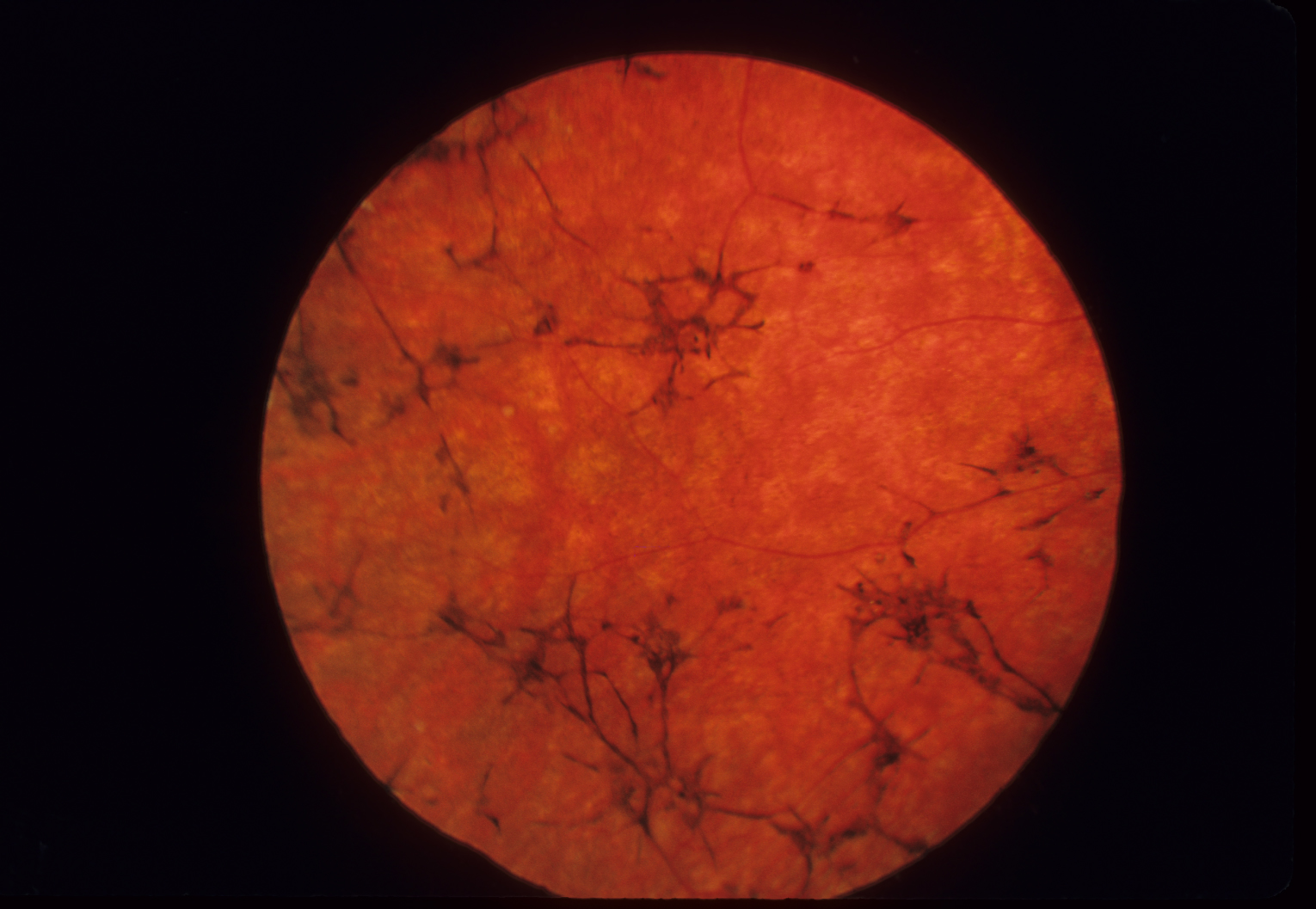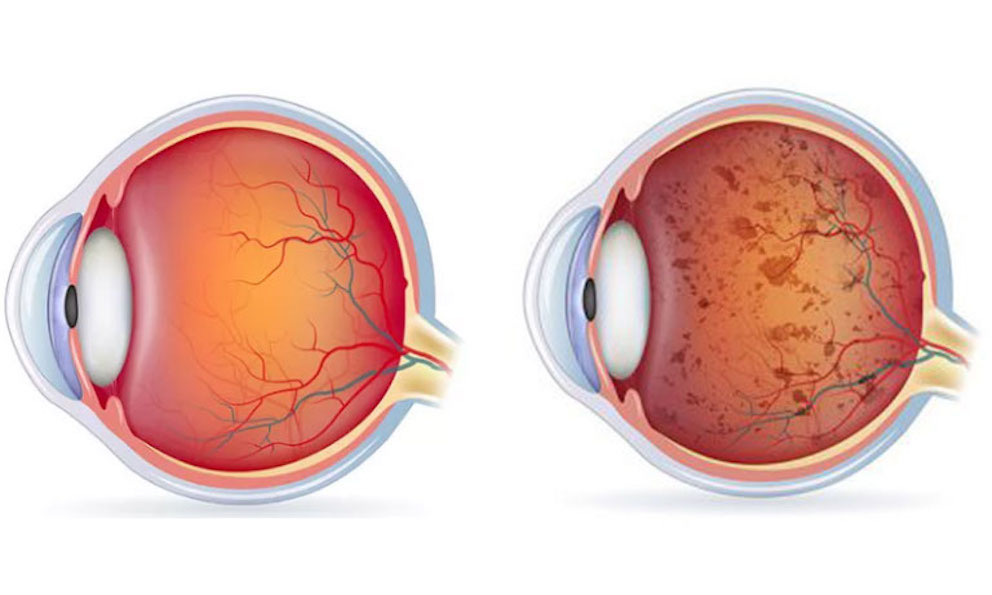Usher Syndrome
Welcome to Bright Vision Care Hospital, your trusted partner in preserving eye health and improving quality of life. In this comprehensive guide, we will explore Usher syndrome, a rare genetic disorder that affects both hearing and vision. Our mission is to provide you with valuable information about Usher syndrome, including its symptoms, effective do's and don'ts for management, recommended exercises for enhancing mobility and communication, and expert care to support you or your loved ones in living well with this condition.
Usher syndrome presents unique challenges, but with knowledge, support, and proactive measures, individuals affected by it can lead fulfilling lives and maintain their independence.

Symptoms
Individuals with Usher syndrome typically experience varying degrees of hearing loss, which may progress over time.
Vision ImpairmentUsher syndrome can cause progressive vision loss, often leading to night blindness and tunnel vision.
Balance IssuesSome individuals may have difficulty with balance and coordination, which can affect mobility.
Communication ChallengesHearing and vision impairments can make communication more challenging. This may require the use of sign language, speech therapy, or assistive devices.
Social and Emotional ImpactLiving with Usher syndrome can have a social and emotional impact, including feelings of isolation and the need for additional support.

Do's & Dont's
Do's
Regular MonitoringSchedule regular check-ups with specialists to monitor both hearing and vision. Early intervention is crucial.
Support NetworkBuild a support network of healthcare professionals, educators, and support groups to assist in managing Usher syndrome.
Assistive TechnologiesEmbrace assistive technologies such as hearing aids, cochlear implants, mobility aids, and screen readers to enhance daily living.
Accessible EnvironmentsEnsure that your living and working environments are accessible and accommodating to your needs.
Communication StrategiesDevelop effective communication strategies, which may include learning sign language, using speech therapy, or relying on assistive communication devices.
Dont's
Don't Neglect Hearing DevicesIf prescribed hearing aids or cochlear implants, do not neglect using them as they are essential for communication and quality of life.
Avoid IsolationAvoid isolating yourself due to Usher syndrome. Engage with support networks and social activities to maintain a fulfilling life.
Don't Delay AssistanceIf you experience changes in hearing or vision, do not delay seeking medical assistance or adjustments to your assistive devices.
Limit StressMinimize stress, which can exacerbate symptoms. Practice relaxation techniques and seek emotional support when needed.
Avoid Unsafe EnvironmentsBe cautious in unfamiliar or unsafe environments, especially those with obstacles or potential hazards.
Exercises
While there are no specific exercises to treat Usher syndrome, maintaining overall physical health is essential. Consider these practices:
Engage in balance and coordination exercises to improve mobility and reduce the risk of falls.
Communication ExercisesRegularly practice communication exercises with speech therapists or support groups to enhance speech and language skills.
Orientation and Mobility TrainingLearn orientation and mobility skills to navigate safely and independently.
Strength and FlexibilityIncorporate strength and flexibility exercises into your routine to maintain overall physical health.
Mental Health SupportSeek mental health support and engage in stress-reducing activities such as mindfulness and meditation to promote emotional well-being.

Summary
Usher syndrome is a rare genetic disorder that affects both hearing and vision. At Bright Vision Care Hospital, we are committed to providing expert care and support to help individuals with Usher syndrome lead fulfilling lives. By following the do's and don'ts, embracing assistive technologies, and incorporating exercises and communication strategies, you can enhance your quality of life and maintain independence.